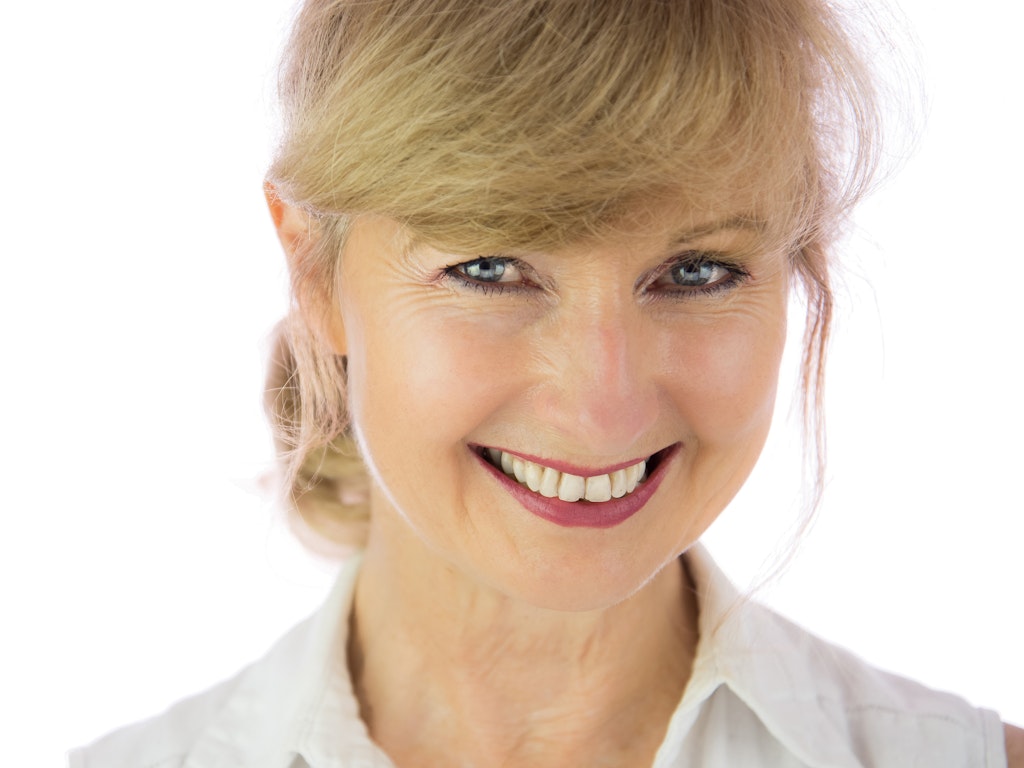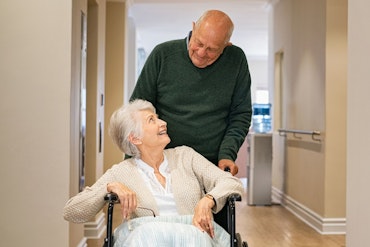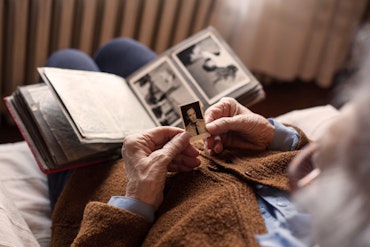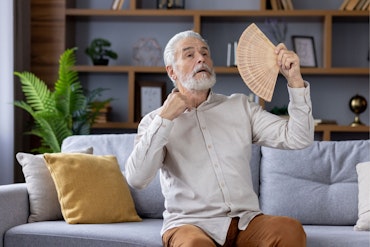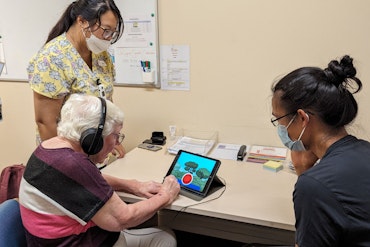Digitising food consumption and nutrition in aged care
SPONSORED STORY – Addressing malnutrition and challenges around low food consumption by older Australians, Jo Cleary, Chief Executive Officer (CEO) of NQIQ – Smart Nutrition, delivered a presentation on nutritional quotients and why this should be digitised in aged care at the Information and Technology in Aged Care (ITAC) Conference.
![<p>Presenter at the upcoming ITAC Conference, Jo Cleary, founder of NQIQ, will be exploring the complex issues around malnutrition in aged care and how technology can help. [Source: Shutterstock]</p>](https://agedcareguide-assets.imgix.net/news/articles/news/articles/Digitising-food-consumption-and-nutrition-in-aged-care-28_2_2020.jpg?fm=pjpg&format=auto&w=550&q=65)
Presenter at the upcoming ITAC Conference, Jo Cleary, founder of NQIQ, will be exploring the complex issues around malnutrition in aged care and how technology can help. [Source: Shutterstock]
Running from 3-4 March, the ITAC Conference in Brisbane presented the best in Information Technology (IT) and how it could be used in the aged care environment to benefit older Australians.
Ms Cleary’s presentation, Why measuring the Nutritional Quotient adds to quality of life and why we must digitalise it, explored the complex issues around malnutrition in aged care and she will be passing on her experience and knowledge developed through NQIQ.
NQIQ educates aged care providers on optimising and innovating their meal services delivered to residents, which will create meal satisfaction for the residents while reducing the costs and improving systems at the nursing home.
Additionally, Ms Cleary will be exhibiting a prototype from NQIQ which measures the consumption and nutrition of a resident, and could be introduced into aged care to monitor if a resident was at risk of malnutrition.
“I have been working with aged care providers to help them innovate and optimise their meals service in residential care. I eat nursing home food around the country!” says Ms Cleary.
“When I review [a provider’s] meal service, I spend time eating with the residents and working with the care staff and catering staff, and just looking at how they could do their meals better. What I have found over time is when I sit sharing meals with their residents, I see how much they don’t eat. They don’t consume.
“We spend, in Australia, $2 billion a year on catering to these residents in care and 50 percent of them are malnourished.”
Ms Cleary adds that even if a nursing home is spending money on food, has a dietitian-approved menu, employs hospitality experienced chefs, and the right equipment, it doesn’t mean it will result in food consumption by residents.
When I sit sharing meals with their residents, I see how much they don’t eat.
She says there is a whole range of complex reasons behind malnutrition and low food consumption by older Australians.
Ms Cleary calculated the cost of extra care time due to frailty in elderly people, finding that an estimated 14 million care hours a year is spent looking after frailty through malnutrition.
“Malnutrition just causes lots of skin tears, falls, hospitalisations, infections, behaviour stuff, and they just feel miserable, these poor residents,” explains Ms Cleary.
“If we can automate it and use technology that is already there to measure it and alert busy managers automatically, they can then start looking at those that are at risk of malnutrition and then focus the care on [the resident] before they become malnourished.
“Because once they become malnourished, they have lost that condition. Speaking to medical people and dietitians, they just can’t get them back up into that good condition.”
Ms Cleary believes that nursing homes that have a food first approach have much better outcomes.
She mentions that this nutritional quotient technology wouldn’t only be useful to aged care, but in other industries, like health care and child care as well.
Ms Cleary was looking forward to meeting other exhibitors and speakers who want to improve the aged care industry with technology.
“We need to work smarter and we need to integrate and we need to make life easier for the carers and the management, not more complex,” says Ms Cleary.
“We expect technology in every minute of our lives and every aspect of your living. For us to ignore it in the hay day, in our final years, is a tragedy and an opportunity.
“It is wonderful having a dedicated IT Conference around aged care. The rest of the world is doing it, we think we are on the front for it, but we are not. We have got to do it and ramp it up because the rest of the world is.”
Jo Cleary’s presentation was on the second day of the Conference during Concurrent Session C – Role of digital assistants in the care systems of the future at 11.45am.
Head to the ITAC Conference website for more information here.
